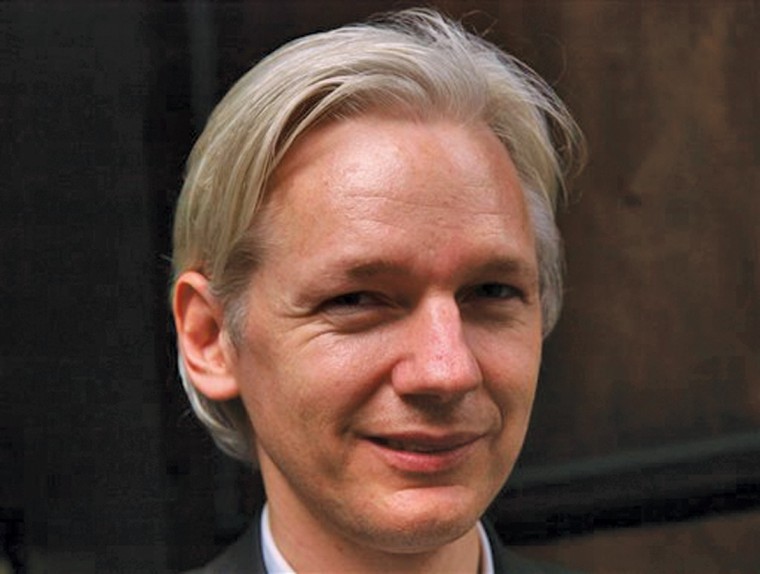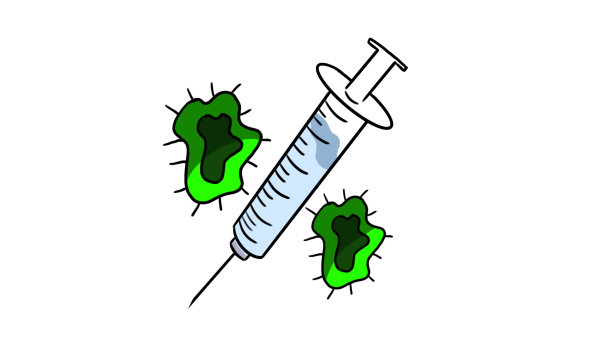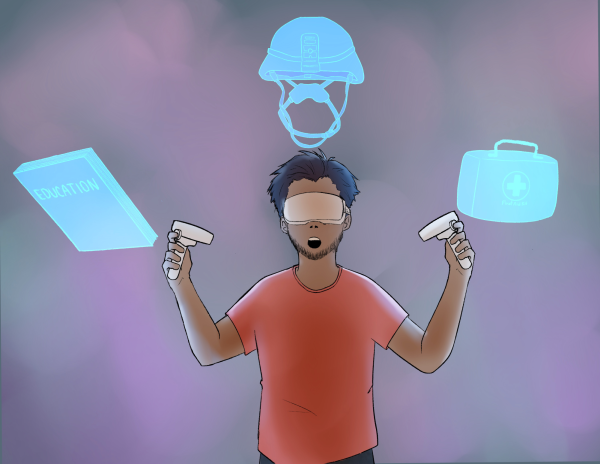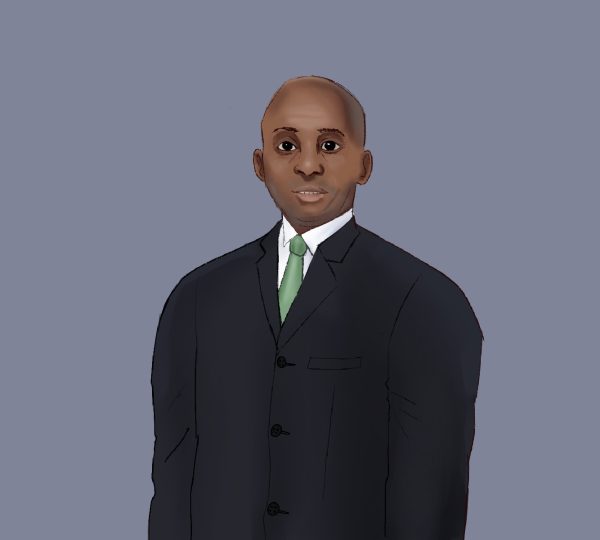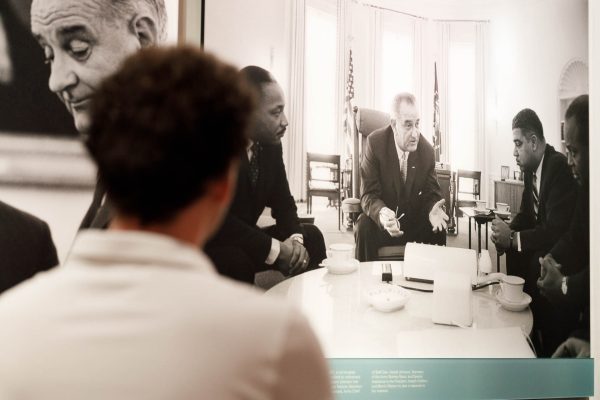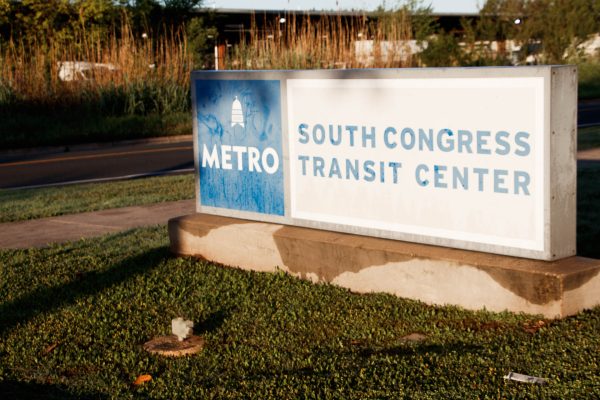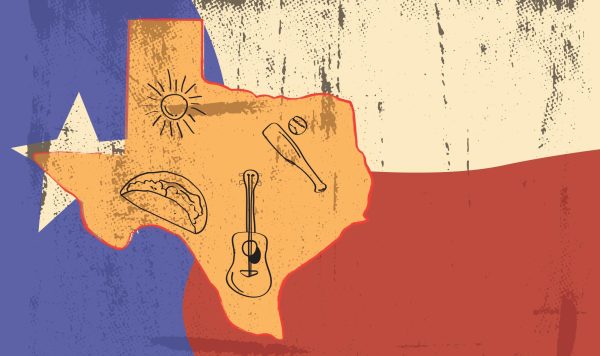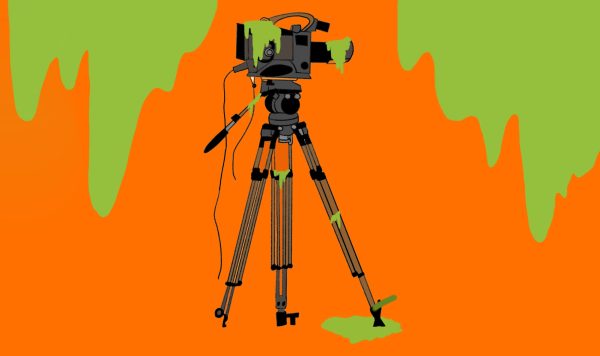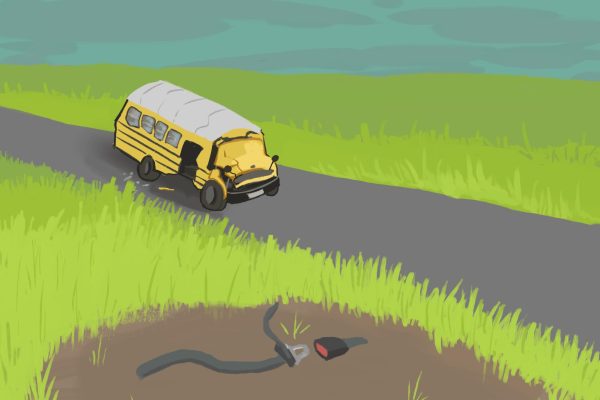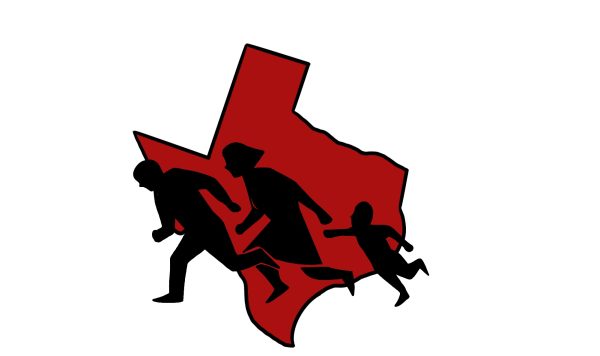WikiLeaks: Dangerous or necessary for free society?
WikiLeaks, a website that anonymously publishes secret documents from governments around the world, has been a source of controversy since it was founded. Recently, Congress has tried to limit its potentially damaging activities. In the discussion of new media protection laws, U.S. Sen. Chuck Schumer, D-N.Y. and others on Capitol Hill are cutting WikiLeaks out of the Media Shield bill, which protects journalists and the anonymity of their sources.
WikiLeaks has the potential to cause a great amount of damage to the United States by publishing confidential documents that could, in the wrong hands, be used against the nation. However, WikiLeaks could also become an agent of change and a great tool in shaping a better-informed populace in the nation.
In many ways, the actions of the government in regard to WikiLeaks are perfectly understandable. While the government has the duty to respect and honor the freedom of the press and the anonymity of sources, there comes a point when these matters cross into the realm of national security. Through this lens, the actions of the government against WikiLeaks are not only justified but also necessary for the preservation of national security.
From the opposite perspective, the First Amendment protects WikiLeaks on some level. And given the information WikiLeaks possesses, it has an even greater responsibility to protect the anonymity of its sources. However, some of the information provided by WikiLeaks’ sources is confidential and potentially life threatening if put in the wrong hands. This brings us to the primary question of the issue: In light of the sensitive nature of the information made available by WikiLeaks and its sources, does WikiLeaks deserve the same anonymity and protection as other news media, or has it crossed the line and committed what may ultimately be considered treason?
While many people might automatically applaud or decry the decision Congress comes to without deeper analysis, some additional considerations should be taken into account.
First and foremost, it is important to consider exactly what kind of information WikiLeaks is publishing. The most recent controversies surrounding the website involved documents on the War in Afghanistan and the inner workings of the Central Intelligence Agency. These documents have the potential to bring harm not only to the United States, but also to our allies that have assisted the United States in the War in Afghanistan. Making the documents public is, therefore, ultimately damaging to the U.S. and its allies.
While WikiLeaks has the potential to be incredibly damaging and has certainly stirred up a lot of controversy lately, it should not be completely shut down. For better or worse, the website is yet another extension of the public’s primary desire in the Information Age: to know more about what is happening in the world.
WikiLeaks is unique in that it is one of the few, if not the only, sources for accessing documents that might not otherwise see the light of day. Although many of these documents could be damaging in the wrong hands, many others may prove useful for creating a better-informed public that is aware of the activities of its government. Only time will tell if WikiLeaks has helped or hurt the U.S. and its allies abroad.


